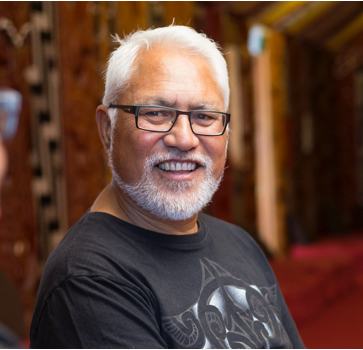Alienation: Selling, gifting and other land transactions
Restrictions on selling or otherwise alienating Māori land
Te Ture Whenua Māori Act 1993, ss 146, 147A, 150
Because the Act exists to keep land in the hands of its owners and their whānau, their hapū and their descendants, the sale of Māori land is subject to a number of significant restrictions that don’t apply to General land (that is, ordinary privately owned land):
- If owners of Māori land want to sell or gift their interest in the land, they must first notify and offer it to the people who belong to the “preferred classes of alienees”.
- The seller must then get the Māori Land Court’s approval for the gift or sale, usually in the form of a “Vesting Order” that transfers the ownership in the land.
Who can sell or otherwise alienate Māori freehold land?
Te Ture Whenua Māori Act 1993, ss 147, 150B, 150C
The owners of a block of Māori freehold land can sell, gift, lease or mortgage either the whole or part of that block. This includes:
- a sole owner
- the joint tenants of a block, if they’re acting together (for the meaning of “joint tenants,” see: “Overview and key terms”)
- the owners in common of the land, if the transaction has the required level of consent, which in the case of a sale or gift is 75 percent of the owners or ownership interests (for “owners in common,” see: “Overview and key terms”)
- the trustees of a Māori land trust, if the transaction has the required level of consent, which in the case of a sale or gift is 75 percent of the owners or ownership interests
- a Māori incorporation, if the transaction has the required level of consent, which in the case of a sale or gift is 75 percent of the shareholders.
Right of first refusal for whānau and hapū associated with the land
Te Ture Whenua Māori Act 1993, s 147A
In general, the person buying the shares must be a member of the whānau or hapū associated with the land, that is, someone from the preferred classes of alienees. For more details about the “preferred class of alienees,” see: “Overview and key terms”. The Māori Land Court may also approve you selling your shares to someone outside the preferred class, but you’ll need to show the court you’ve tried to sell the shares to the preferred class at a fair value and weren’t successful.
Note: It’s important that you discuss any sale with your children. Children and whānau, although they aren’t current owners, can appear in court and be heard on any application to sell ownership interests in land.
Can I sell or gift the whole block of land?
Te Ture Whenua Māori Act 1993, s 147
Yes. You can sell or gift the whole block of land. As with other sales of Māori land, you’ll need to get the Māori Land Court’s approval. You’ll need to show, among other things, that the right of first refusal has been offered to the preferred classes of alienee, or that the proposed sale or gift is to a member of that group.
Note: The process of getting approval from the court can be very complex, so it’s best to contact your nearest Māori Land Court office for information about this.

